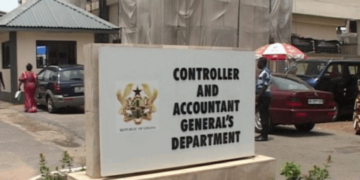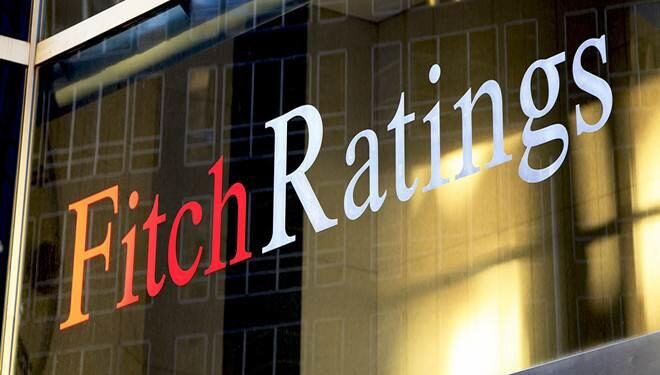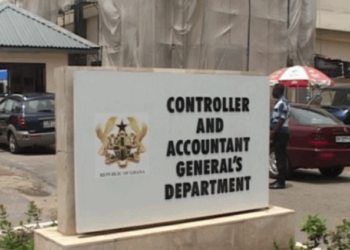Fitch believes Ghana has a greater than 50% likelihood of defaulting on its debt repayment.
If talks with the International Monetary Fund for a $3 billion package result in debt restructuring, the country’s sovereign credit rating may be downgraded again, according to the fitch rating agency.
Does this imply that the country’s failure to service its debts will have an impact on your investments in Government of Ghana assets such as Treasury bills and notes?
Another question is, was President Akufo-Addo correct in saying that domestic debt will not face any ‘haircut’?
Read Also: Akufo-Addo joins calls for removal of death penalty
According to Bloomberg, Ghana’s creditworthiness may be reduced to ‘RD’ from ‘CC’. The downgrade, it said, reflected the increased likelihood that Ghana will pursue a debt restructuring given mounting financing stress, with surging interest costs on domestic debt and a prolonged lack of access to Eurobond markets.
Many analysts believe that a debt restructuring might result in a ‘haircut,’ or a downward reassessment of the current interest rates on Government of Ghana instruments such as bills and bonds. Alternatively, the investment period could be prolonged.
Fitch reduced Ghana’s Long-Term Local- and Foreign-Currency Issuer Default Ratings (IDRs) to ‘CC’ from ‘CCC’ in September 2022.
Jan Friederich, Head of EMEA Sovereign Ratings, warned that if talks with the IMF result in debt restructuring, the government risks a further downgrading.
“If a debt restructuring is part of the agreement with the IMF, then, in terms of default risk, that will supersede any benefit from the financing support that Ghana might get from the IMF,” Mr. Friederich is quoted by Bloomberg.
Also, “a restructuring would likely lead to the relevant rating being placed in restrictive default,” he said.
That rating is assigned to an issuer that, in Fitch’s opinion, “has experienced an uncured payment default or distressed debt exchange” on a bond or loan but hasn’t entered into bankruptcy or some other form of administration.”
Default Risk
The government began formal negotiations with the IMF in September 2022 to provide stability to the economy, which has seen fast devaluation of its currency, the cedi, as well as skyrocketing inflation and interest rates.
This came after it reduced its discretionary spending by up to 30% in 2022. However, this did not deter investors from dumping Ghana’s Eurobonds.
Local Debt
Bloomberg reported in September 2022 that Ghana was considering restructuring a portion of its 190.3 billion ($13.6 billion) in local debt as part of IMF talks. In October 2023, a committee was formed to solicit bondholder input on a debt management strategy.
Some investment banks have now conveyed this aim to their clients, advising them to avoid withdrawing or selling their investments for fear of losing interest.
“We would be looking at which part of the debt will be affected,” Jan Friederich said.
“There are still open questions about what decisions they are going to make about the inclusion of local currency or foreign currency debt; we assume for the time being that both will be incorporated.”
Ghana’s 2030 dollar bonds, he claimed, may be excluded from any restructuring because they were partially guaranteed by the World Bank.
SOURCE: myjoyonline

























